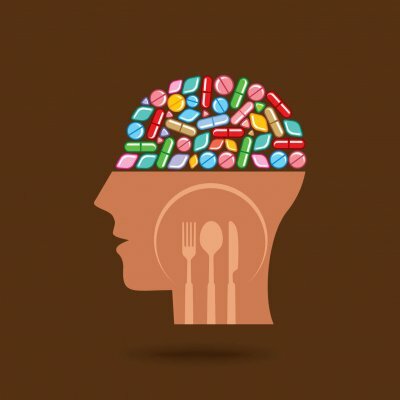Definition of Hume's Philosophy
Miscellanea / / February 21, 2022
concept definition
David Hume (1711-1776) is considered one of the leading philosophers of the empiricist current, perhaps the most he skeptical among them, since he eliminates all traces of rationalism regarding his predecessors (Hobbes, Locke, Berkeley). According to the fundamental thesis of empiricism, as opposed to rationalism, all knowledge derives from sensible experience, without which—that is, by reason alone—we could not have knowledge any. Nature is above reason, therefore, philosophy must yield to nature.

Professor in Philosophy
Among the most recognized works of David Hume are the treatise on human nature, published in 1739, and the Research on human understanding, from 1748. However, his writings not only cover ontological and epistemological issues, but also various themes, such as the politics and religion.
The science of human nature
Just as, for rationalism, mathematics constituted the ideal of knowledge, by virtue of its universal and necessary judgments, for empiricism, this place was occupied by the sciences of science.
observation, characterized by particular and contingent judgments. Hume considered that, under the experimental methods formulated by empiricism, Newton had been able to reconstruct physical nature.Now then, it should be possible then, in the same way, a study of human nature under the same methodological assumptions. The interest, then, was not to know the essence of man, but to study him like any other object or phenomenon of nature, within the limits of sensible experience.
Impressions and ideas and the principle of association
The content of the human mind comes from experience, that is, it comes from the senses. If the facts of experience are analyzed, we find perceptions, which consist of impressions which, when coming directly of the senses, we call them sensations (for example, when we see certain colors and shapes or when we hear certain sounds) and when they come from our own interiority, we call them reflection impressions (for example, when we are in a state of sadness or of joy).
Ideas are derived from original perceptions (impressions), which are phenomena of memory —when they come from recollection—, or of fantasy —when they come from imagination—. The difference between impressions and ideas is that the former are more intense or lively.
Thus, all human knowledge derives, directly or indirectly, from impressions. When we imagine something that does not exist, in truth, we compose concepts from things known in experience. To do this, the spirit follows laws of association between ideas (by similarity, by space-time contiguity and by cause and effect).
From these three elements, Hume builds a scheme that allows him to explain the scaffolding of human knowledge without appealing more than to the datum of experience. Reason, the human spirit, fulfills the mere function of executing the process of association according to laws.
Consequences of Hume's empiricist theory
As a consequence of the Humean conceptualization of the origin of ideas, it is noted that certain notions such as the identity of the substance, the self or the soul, the existence of God or even the relationships of causality, are mere products that the human mind sets in motion without having a reality external to them. our thought. The idea of God would be, for example, as fictional as the idea of any mythological being or the idea we get by imagining a Mountain of gold.
For this reason, Hume's empiricist theory radically polemicizes with earlier rationalism. Now, it should be noted that, although the philosopher redirects the possibility of human knowledge to experience and, as On the other hand, it characterizes the ideas as fictions, this does not mean that they become useless fantasies. The human process by which ideas are composed from experience has a purpose anchored in the conservation of life and in its practical direction. In this way, we believe in the existence of substances to which our ideas refer, since it would be impossible to live immersed in a chaos of disjointed sensations.
Bibliographic references
Carpi, A. (2003). principles of Philosophy. Buenos Aires: Glauco.
Giovanni Reale and Dario Antiseri (1992) History of philosophical and scientific thought. II. From humanism to Kant. (Il pensiero occidentale dalle origini ad oggi. Volume II. Editrice La Scuola, Brescia, fifth ed. 1985), trans. by Juan Andres Iglesias, Barcelona.
Themes in Hume's Philosophy


